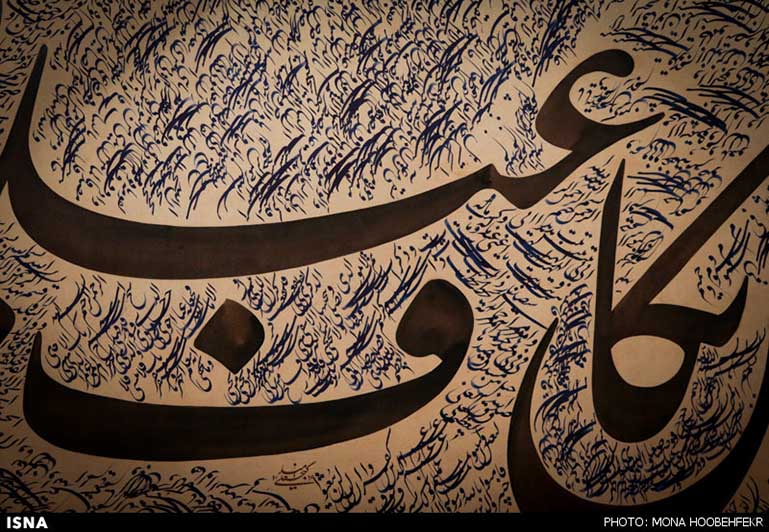That came after Turkey presented its proposal to the United Nations’ Educational, Scientific and Cultural Organization, asking the UN body to register the case at its 2021 meeting.
“As announced earlier, Turkey had not presented a case under ‘calligraphy’ for the year 2020, but has we have learned recently, Turkey has put forward a case titled ‘Islamic Calligraphy’ to UNESCO for the year 2021, which has met with Iran’s objection,” said Mohammadhassan Talebian, the deputy head of the Cultural Heritage, Handicrafts and Tourism Organization.
“As announced before, every country can have its intangible cultural heritage registered, but the adjective ‘Islamic’ indicates a span [of time and place] which goes beyond Turey, and this runs counter to the 2003 convention about protecting intangible cultural heritage,’ he added.
“The dossier presented by Turkey contains the adjective ‘Islamic’ which has met Iran’s official objection because the adjective ‘Islamic’ cannot be limited to Turkey only, not to mention the fact that the root of Islamic calligraphy should be sought in Iran,” he said.
“Iran, too, has sent its calligraphy case to UNESCO for the year 2021 in keeping with measures adopted to safeguard [a nation’s cultural heritage],” he noted.
“Different countries have had their calligraphy [systems] registered before. China, for instance, had Chinese calligraphy registered in 2009. Arab countries, too, have present a case under ‘Arabic Calligraphy’ for the year 2021,” he noted.
“Under the terms of the above-mentioned convention, the registration of a cultural element will not lead to monopoly and ownership, but our objection to the ‘Islamic Calligraphy’ case is a technical one, i.e., the adjective ‘Islamic’ refers to a span which goes beyond the Turkish territory, and Turkey cannot use this title to refer to the country’s calligraphy system,” the top official added.
